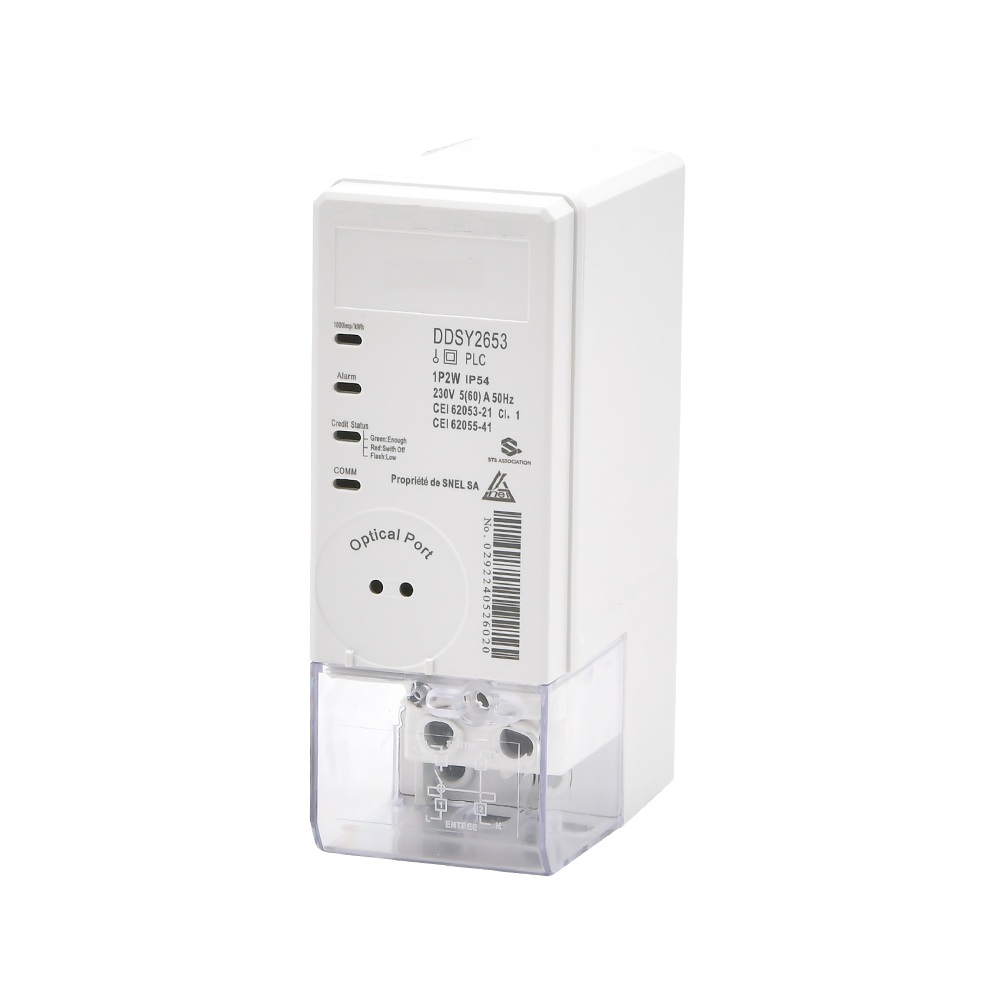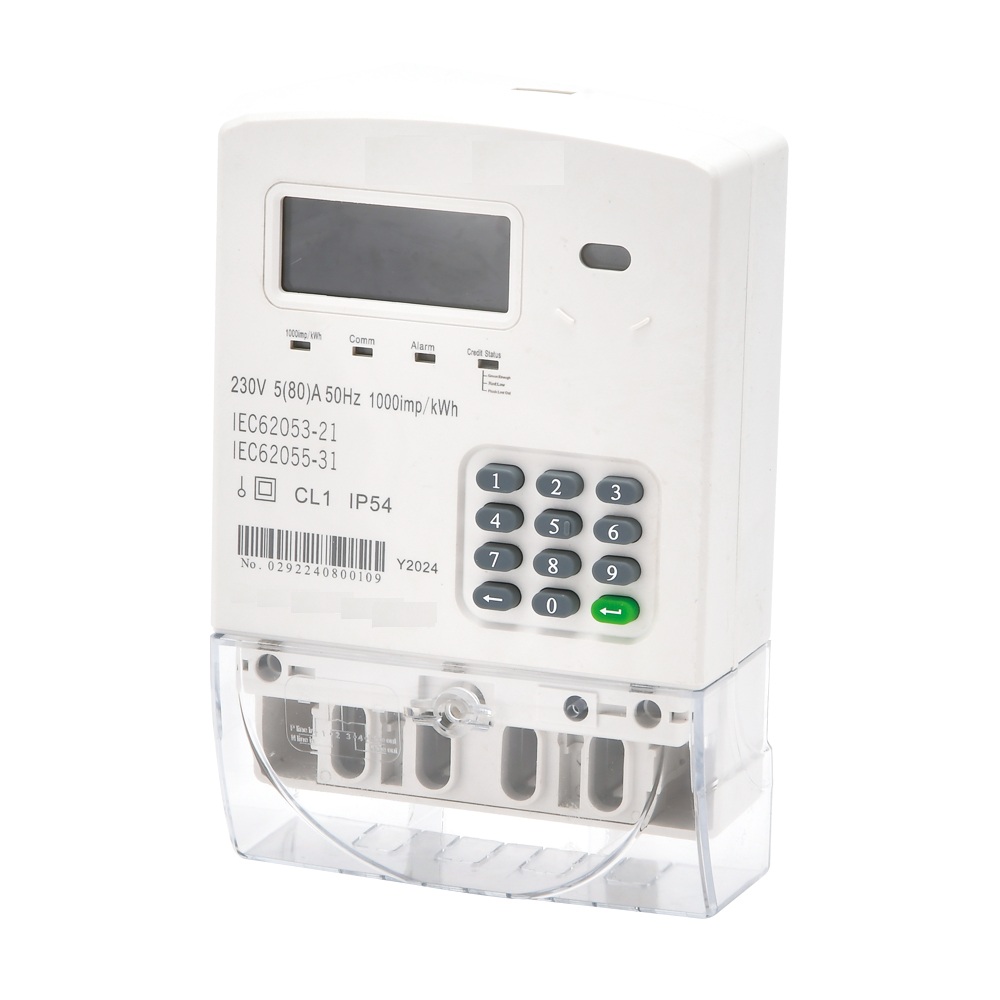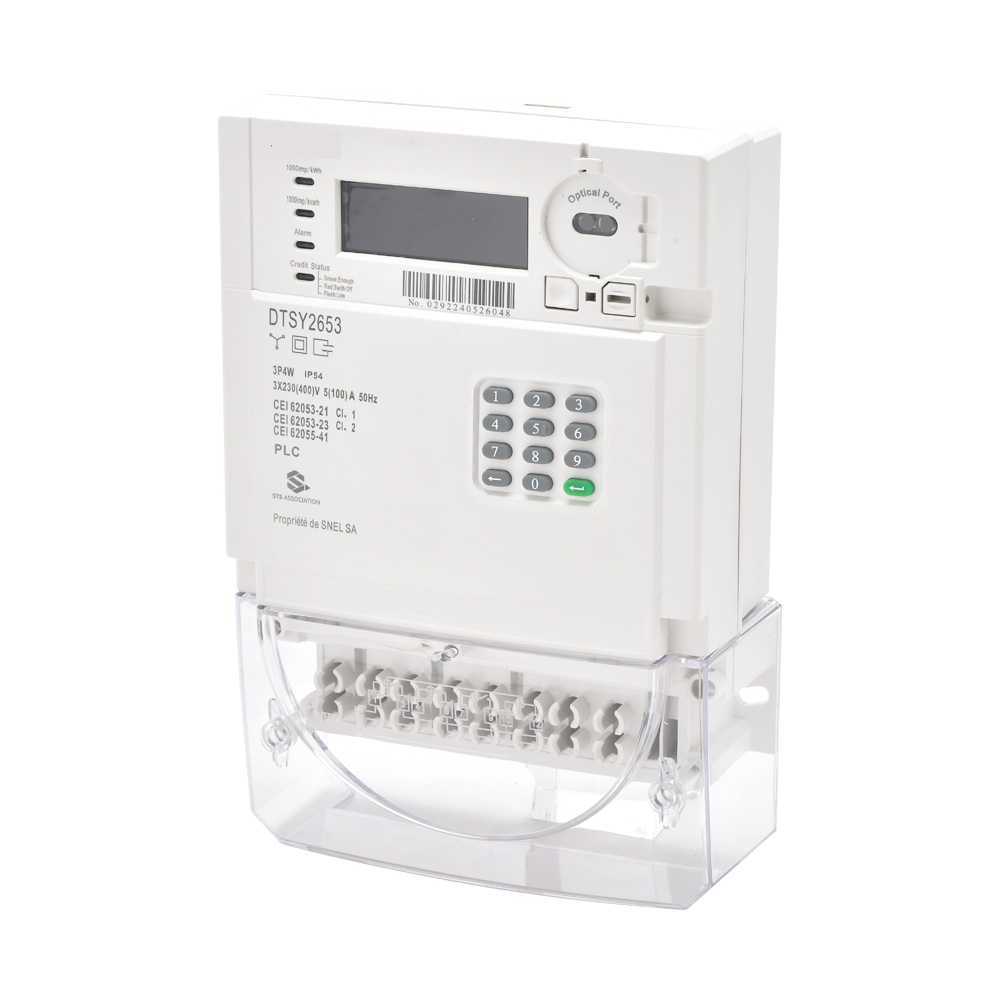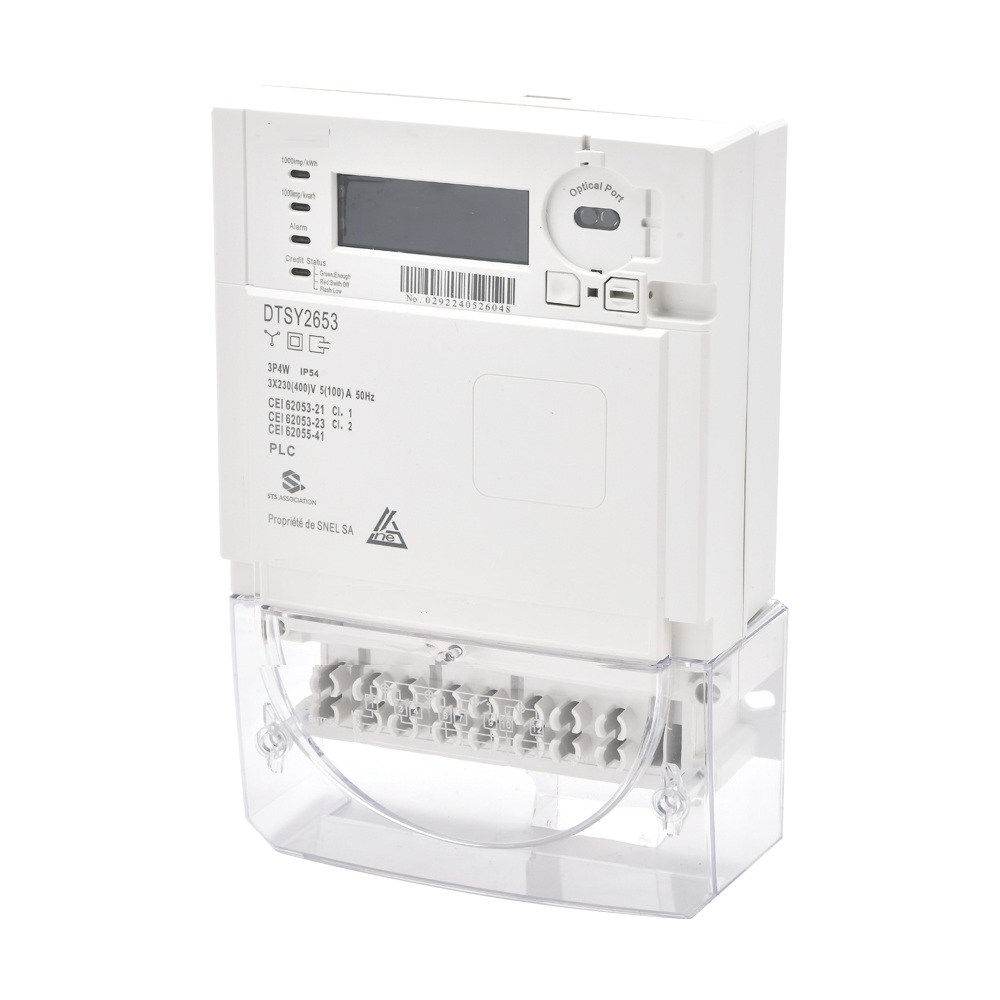What should we pay attention to when purchasing a smart meter?
Publish Time: Author: Site Editor Visit: 623
1、 Clearly define requirements and purposes
Electricity type
Confirm whether it is single-phase electricity (220V, common in households) or three-phase electricity (380V, common in industrial or commercial places).
Different types of electricity use correspond to different specifications of electricity meters, and selecting the wrong one may result in improper installation or inaccurate measurement.
functional requirement
Basic functions: electricity metering, voltage/current monitoring, power factor calculation, etc.
Advanced features: remote meter reading, data storage and analysis, abnormal electricity usage alarm, prepaid function (applicable to rental houses or apartments), peak and valley electricity price measurement, etc.
Choose functions based on actual needs to avoid paying additional fees for unnecessary features.
2、 Pay attention to the performance and parameters of the electricity meter
accuracy class
The accuracy level of an electric meter indicates the range of measurement errors, with common levels including 0.2S, 0.5S, 1.0, 2.0, etc.
Household electricity usually uses 1.0 or 2.0 grade, while industrial or commercial electricity is recommended to use 0.5S grade or higher precision.
Range and load capacity
Confirm the rated current of the electricity meter (such as 5 (60) A, 10 (100) A, etc.), with the maximum current in parentheses.
Choose the appropriate range based on the actual electricity load to avoid overloading causing damage to the meter or inaccurate measurements.
communication model
Smart meters typically support communication protocols such as RS485, Modbus, LoRa, NB IoT, Wi Fi, ZigBee, etc.
Select compatible communication methods based on existing systems or platforms to ensure smooth data transmission.
3、 Emphasize safety and compliance
Certification and Standards
Confirm whether the electricity meter has passed national or international certifications, such as CCC certification in China, CE certification in the European Union, IEC standards of the International Electrotechnical Commission, etc.
Certification is an important guarantee for the quality and safety of electricity meters, avoiding the purchase of unverified or counterfeit products.
Lightning protection and protection level
Check if the electricity meter has protection functions such as lightning protection, overvoltage protection, and overcurrent protection.
The protection level (such as IP54, IP65) indicates the dustproof and waterproof ability of the electricity meter, and the appropriate protection level should be selected according to the installation environment.
Electromagnetic Compatibility (EMC)
Ensure that the electricity meter can function properly in complex electromagnetic environments, avoiding measurement errors or malfunctions caused by interference.
4、 Consider brand and after-sales service
brand reputation
Choosing well-known brands or manufacturers with good reputation ensures better product quality and after-sales service.
Brand reputation can be understood through online evaluations, industry reports, or peer recommendations.
after-sale service
Confirm whether the manufacturer provides technical support, repair services, and warranty period.
The warranty period is usually 1-3 years, and choosing products with longer warranty periods can reduce maintenance costs in the later stages.
technical support
Understand whether the manufacturer provides technical support such as software upgrades and data interface development for future system expansion or upgrades.
5、 Price and cost-effectiveness
Price comparison
The prices of different brands and functions of electric meters vary greatly. It is recommended to inquire through multiple channels (such as direct sales from manufacturers, e-commerce platforms, distributors, etc.).
Avoid choosing products with excessively low prices as there may be quality or performance issues.
Cost effectiveness evaluation
Taking into account the functionality, accuracy, lifespan, and after-sales service of the electricity meter, choose the product with the highest cost-effectiveness.
For example, although a certain electricity meter has a higher price, it has remote meter reading and data analysis functions, which may save labor costs in the long run.
6、 Other precautions
Installation and maintenance
Confirm whether the installation method of the electricity meter (such as rail mounted or wall mounted) meets the site conditions.
Understand the maintenance requirements of the electricity meter, such as whether regular calibration, cleaning, etc. are needed.
data security
If the electricity meter supports remote communication, it is necessary to confirm whether the data transmission is encrypted to avoid the leakage of electricity data.
Trial and Testing
If conditions permit, a small number of samples can be purchased for testing to verify the performance and compatibility of the electricity meter.
7、 Summary
When purchasing a smart meter, it is necessary to consider factors such as actual needs, performance parameters, safety compliance, brand reputation, and price comprehensively. It is recommended to prioritize products that have been certified, functionally matched, and have comprehensive after-sales service, and pay attention to the convenience of installation and maintenance. By making reasonable choices, it is possible to ensure the long-term stable operation of the electricity meter and improve the efficiency of electricity management.



